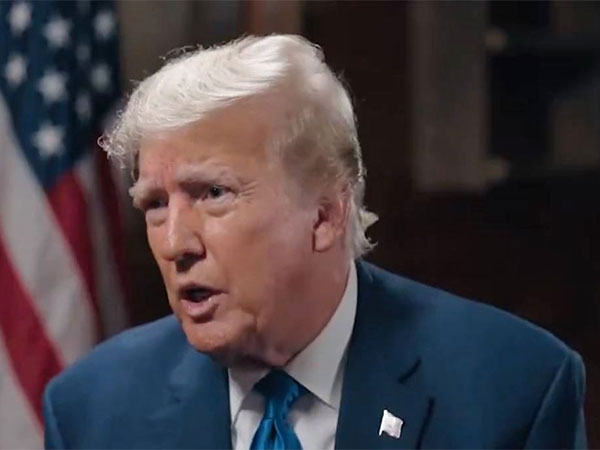Tensions and Transitions: U.S.-Venezuela Relations and Oil Diplomacy
The United States and Venezuela navigate a complex relationship involving sanctions, oil licenses, and disputed elections. Controversies persist over diplomatic interactions during and after the presidencies of Trump and Biden. Oil operations like Chevron's face uncertain futures amidst U.S. political shifts, creating implications for both economies.

The United States and Venezuela find themselves entangled in a web of diplomatic tensions, marked by allegations and policy maneuvers. Under Donald Trump's presidency, a 'maximum pressure' sanctions strategy targeted Venezuelan president Nicolas Maduro, labeling him a dictator during the 2024 U.S. campaign.
Upon assuming office, former President Joe Biden reinstated comprehensive oil sanctions, criticizing Maduro for failing to fulfill promises of a free election. This step led to further restrictive measures against Venezuelan officials, tightening the international noose around Maduro's administration.
Meanwhile, the Trump administration scrutinizes oil licenses with a review of Chevron's operations in Venezuela, which hold significant economic weight. Issues of political legitimacy extend beyond borders, with the U.S. refusing to acknowledge the official results of the July 2024 Venezuelan elections in favor of opposition leader Gonzalez.
(With inputs from agencies.)
ALSO READ
Russia Sees Diplomatic Shift With Incoming Trump Administration
Stalemate Over Chagos Islands Deal Amid Trump Administration Concerns
Investors Optimistic as U.S. Stocks Rally Ahead of Trump Administration
India's Prospects Under the Trump Administration: Navigating Tariffs and Immigration
U.S. Intensifies Sanctions on Russia as Trump Administration Approaches










